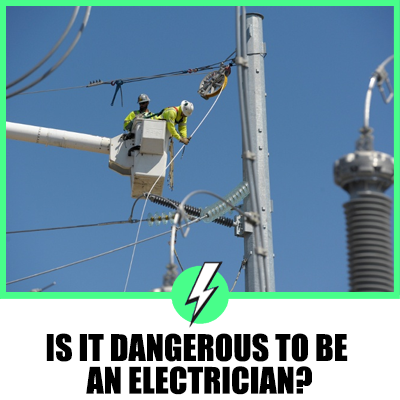Can Static Electricity Kill You? A Deeper Look into the Spark
The Shocking Truth: Can Static Shock Hurt You?
Yes, but it’s highly unlikely.
We’ve all experienced that surprising little zap when touching a metal object after shuffling our feet on the carpet.
This is static electricity, which can indeed cause a sensation of shock.
However, typically, these shocks are harmless and more surprising than painful.
The jolt you feel is usually around 3,000 volts, but it’s the current, not the voltage, that poses the potential for harm.
And in a static shock, the current is very, very low.

Contents
What Are 3 Dangers of Static Electricity?
- Fire or Explosion Hazards: The most significant risk of static electricity is its potential to ignite flammable vapors or dust.
In industries dealing with flammable substances, like gasoline or grain dust, static electricity poses a serious threat.
- Damage to Electronics: Static electricity can also damage sensitive electronic equipment.
Electronics with small components can be severely affected by a static charge, leading to failure or significant damage.
- Minor Physical Harm: As mentioned earlier, static electricity can cause minor shocks that can be surprising or slightly uncomfortable.
Can Static Electricity from a Blanket Hurt You?
In most cases, no.
When you pull a blanket across your body, you might see sparks, especially in the dark.
While this might be startling, the shocks from a blanket are usually harmless.
These sparks are caused by the movement of electrons from your body to the blanket, creating a static charge.
However, as with all forms of static electricity, there’s a minor risk of fire if a spark comes into contact with a flammable substance.
Can Static Electricity Cause Health Problems?
Broadly speaking, static electricity itself doesn’t pose a significant health risk.
In fact, the average person encounters many instances of static electricity daily without adverse effects.
However, some people are more sensitive to static shocks than others.
For these individuals, frequent static shocks could lead to stress, anxiety, or fear of touching objects that may cause a shock.
Again, it’s essential to remember that while the shock from static electricity can be surprising, it is generally harmless.
Insights From Online Discussions
Online discussions offer a wealth of perspectives on the potential dangers of static electricity.
In a piece on Just Energy, the author addresses what makes an electric shock dangerous, reminding us that it’s the current, not the voltage, that can harm us.
On Creative Loafing, an insightful conversation explores whether static electricity can indeed kill, concluding that it’s extremely unlikely but technically not impossible.
An informative article on AZ Central addresses what causes static electricity and how to eliminate it, highlighting how widespread and commonplace static electricity is in our lives.
A Reddit thread explores how fatal static electricity can be, leading to a consensus that while a static shock can be surprising, it’s rarely dangerous.
On Quora, a discussion on whether static electric shock can cause death sees participants agreeing that while possible, it’s extremely unlikely due to the low current involved.
An article on H-O-M-E.org outlines how static electricity can potentially be lethal, again stressing the extremely low likelihood.
Finally, AccuWeather offers tips on avoiding shocks from static electricity during winter, when static charge is often more prevalent.
How Dangerous is Static Electricity?
Static electricity is a part of our everyday life.
From pulling a woolly sweater over our head to shuffling our feet on a carpet, we regularly create and discharge static electricity.
While static shocks can surprise and even startle us, they typically aren’t harmful.
The voltage may be high, but the current involved in static shocks is minuscule, minimizing the potential for harm.
However, static electricity does pose specific risks, particularly in industrial settings where it can ignite flammable substances, or when it comes into contact with sensitive electronic equipment.
As for the question, “Can static electricity kill you?” the answer is that while it’s theoretically possible, the likelihood is extremely, extremely low.
Ultimately, understanding static electricity — its causes, effects, and how to manage it — can help us navigate our electrified world with greater confidence and safety.





